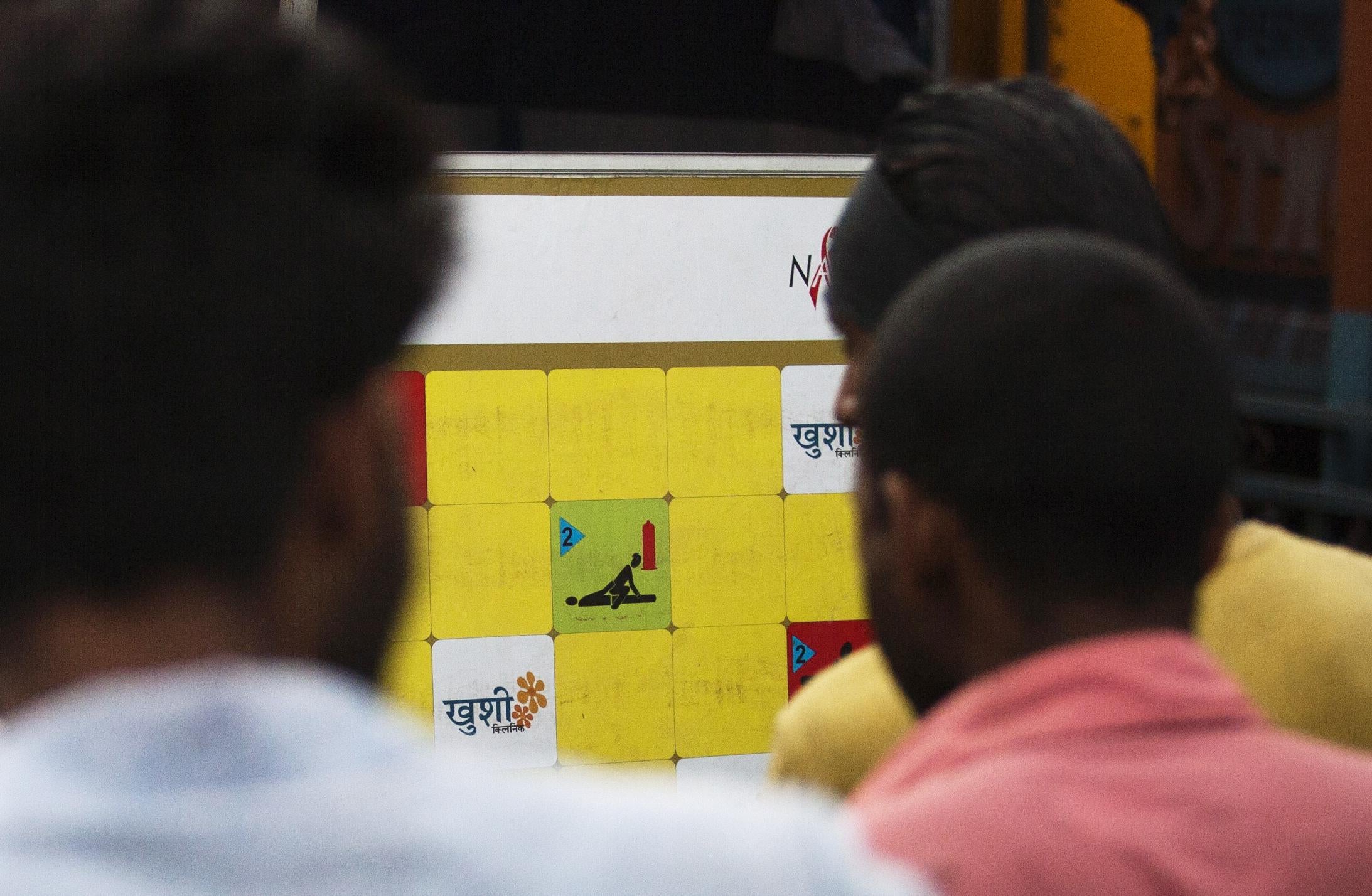While it seems Americans will have to wait until next week to hear word about the fate of gay marriage rights, there was still a very important human rights decision handed down today: The Supreme Court has ruled that the federal government cannot require HIV outreach organizations to sign an anti-prostitution pledge in order to get government funding. The court, in a 6-2 decision with Scalia and Thomas dissenting, found that this requirement violates the First Amendment rights of the organizations, which are largely based overseas and work with a diverse group of people that often includes sex workers.
HIV activists have been fighting this requirement for nearly a decade, when the Bush administration started forcing groups that wanted money to sign a pledge denouncing prostitution. The main problem with the pledge is that it creates tension between organizations that sign it and sex workers who need HIV interventions. As the Center for Health and Gender Equity explains, not only does an official public denunciation of prostitution scare off sex workers from engaging with health organizations, it can also keep health care workers from offering nuts-and-bolts advice and care for sex workers: “Moreover, increasing condom use among sex workers requires direct engagement, training, demonstrations of correct use, training on negotiating with clients, and collective action among sex workers, all of which could potentially be considered under the policy as ‘promoting prostitution.’”
Mie Lewis at the ACLU explained why her organization filed an amicus brief supporting the overturn of the pledge:
The Pledge puts organizations in a quandary: On one hand, they can take the government’s money and say something they might not really believe, have no opinion about, or see as a complex social issue irreducible to anything as simpleminded as “opposing prostitution.” On the other hand, they can take a principled stand against the Pledge, forfeiting a share of billions of dollars in government aid that they could otherwise put to good use curbing disease and relieving human suffering.
Luckily, that quandary has ended.
The prostitution pledge was something concocted by the Bush administration, and it just so happened that the existence of the pledge helped make sure that more of the funding for anti-AIDS efforts went to conservative Christian organizations that enthusiastically supported it. Because of this, the pledge did more than damage HIV organizations’ ability to work with sex workers, but it also meant more money for groups with an abstinence-only worldview, instead of the harm reduction approach favored by secular health care experts. The court’s decision today will not only improve outreach to sex workers in danger of contracting HIV, but will also help improve the efficacy of HIV outreach overall.
